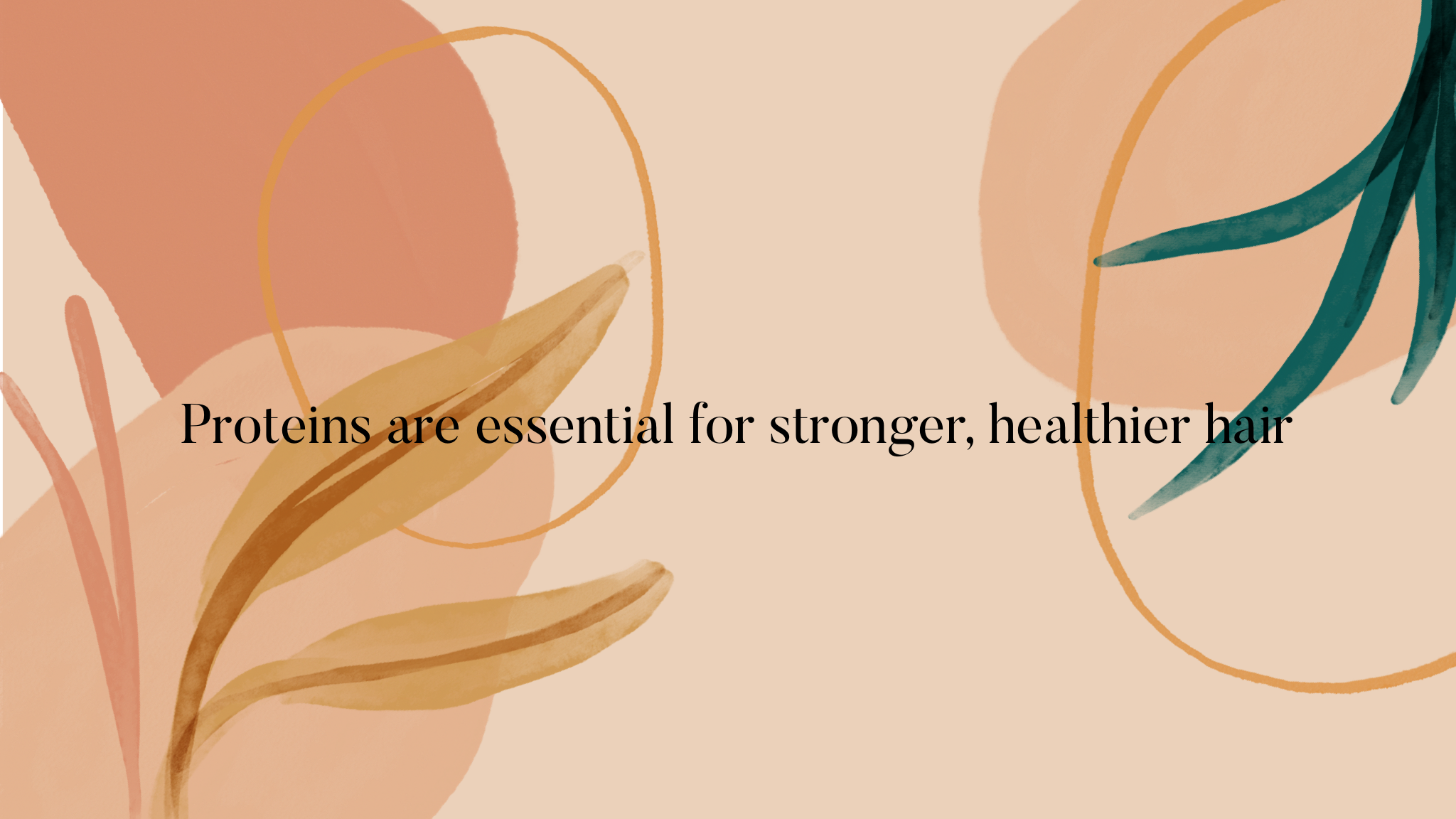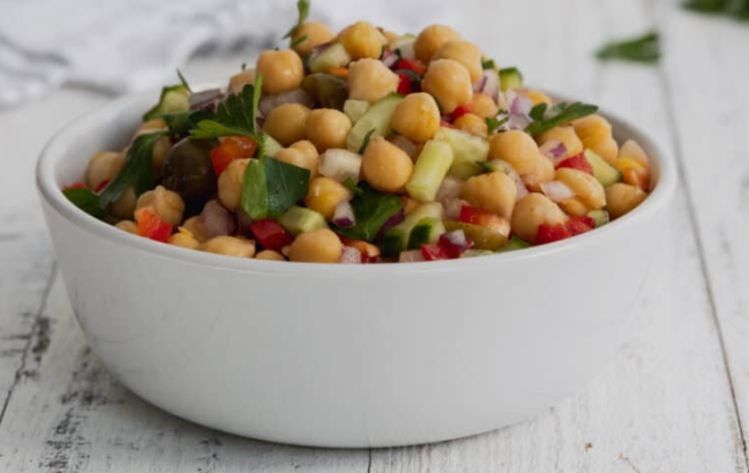Proteins For Your Hair

There are different types and sizes of proteins that are in your everyday hair products. Not everyone needs protein for their hair. This blog post will help you determine whether your hair is in need of protein or not.
Protein Vs. Moisture
If your hair lacks protein, it would most probably look weak and damaged. However, if your hair lacks moisture, your hair would most probably be dry, brittle, and frizzy. It is crucial for you to know when your hair is in need of moisture or protein. In order for you to have the healthiest version of your hair, you need to ensure that you are using the right products that keep the moisture to protein ratio balanced. A quick test to have an idea of what your hair is like is to pull a hair strand after washing it by holding a hair strand between your thumb and index finger of both hands. If the hair strand stretches, your hair needs moisture. If the hair strand does not stretch, it needs protein.
Figuring out whether your hair needs protein or moisture is not an easy task, especially if your hair is highly porous, or if your hair has been chemically processed. Finding the right products for your hair type is very important. If you feel like your hair lacks moisture, make sure you are using products that are protein-free. If your hair lacks protein, make sure you are using strengthening products with hydrolyzed protein.
The images above are examples of two hair masks that target different concerns. The left image is a hair mask from Briogeo’s Be Gentle Be Kind line that targets dry hair and is protein free, this mask suits hair types that are in need of moisture. The right image is of a hair mask from Shea Moisture’s Manuka Honey and Yogurt line that targets hair in need of strength and protein. Keep in mind that too much protein in your hair is not good.
Not All Proteins Are Created Equally
Not all hair types can handle proteins. Proteins are usually suitable for people with porous hair. Protein molecules fill up the gaps of highly porous hair types. For example, if your hair is very damaged due to heat or bleach, proteins can help with strengthening your hair type. Coarse and low porosity hair types cannot tolerate large molecules of protein, small molecules like amino acids are better options.
The smallest sizes of protein are amino acids and peptides. Hydrolyzed silk, keratin, and collagen are small proteins that also suit most hair types. Gelatin is medium-sized and is more suitable for porous hair types. Any plant or vegetable protein is large in size and work best on highly porous hair. Examples of plant/vegetable proteins would be: hydrolyzed wheat, quinoa, or soy.
We have all seen videos go viral on TikTok and Instagram of raw eggs being applied to the hair as a mask to strengthen the hair. Raw eggs do not have the ability to add protein or strength to your hair, scientifically speaking. The molecules of proteins in eggs are too large for them to be beneficial to your hair. Eating eggs can benefit your hair more than applying them.
Above is an image of a girl struggling with damaged, tangled, frizzy hair. She most probably needs protein in her hair, especially with the fact that her hair is chemically processed with bleach.
Invest In Good Products For Your Hair
Define “good”. How do you know if a product is good or bad for you? Look at the ingredients list. You want to avoid harsh chemicals, silicones, and toxic ingredients that can disrupt your hair growth cycle. We want to have healthy and strong hair, and in order to do so, finding products with less toxic ingredients is best.
Ingredients to avoid in hair products:
- Silicones that are not water-soluble, like dimethicone.
- Phthalates- a plasticizer used to make products more flexible.
- PEGs- used to enhance penetration of the product into the hair shaft and scalp. It can cause irritation and is toxic when used in high dosages.
- Sulfates- harsh detergents and skin irritants.
- Hydroquinone- some studies have linked it to organ-system toxicity and could be a possible carcinogen. Australia, Japan, and the EU have banned this ingredient.
- Talc- has a high contamination risk with asbestos fibers that escalate concerns for respiratory toxicity..
- petroleum derivatives- it adds a water-repellant layer to the hair and can clog them pores on the scalp, which leads to buildup and hair loss.
- Synthetic fragrance/perfume- it is basically a mixture of toxins and chemicals.
- Paraben- a preservative used to prevent bacteria from forming, it has been linked to increase estrogen dependent breast cancer and cause reproductive issues.
- Formaldehyde- extremely toxic and is considered to be carcinogenic.
- Drying alcohols- they dry out the scalp and hair which causes more harm than good.
Factors That Can Weaken The Hair Shaft
Not only does your hair need protein in order for it to look healthier and stronger, it also needs extra care when it comes to avoiding certain things. You can see some factors that can weaken and damage the hair below. Some of the factors mentioned below can cause the hair to be very damaged and in desperate need of proteins.
|
Heat (curling iron, straightener, a lot of sun exposure) |
Bleach |
|
Chemical treatments (Brazilian blowouts, semi-permanent straightening treatments and/or perming) |
Using harsh cotton towels when drying |
| Sleeping on cotton pillowcases |
Tying the hair tightly and using rubber hair ties |





